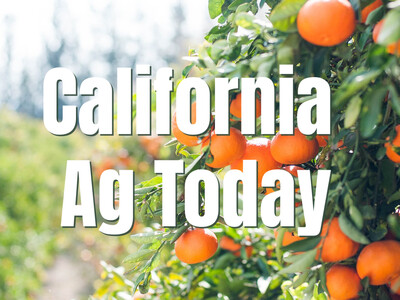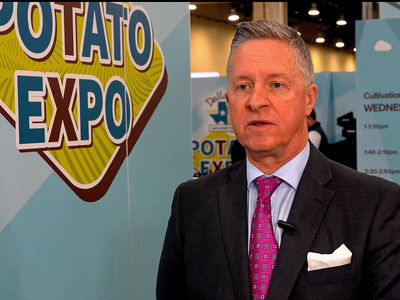Sheep ruling
The Department of Agriculture last week published a final rule on the importation of sheep, goats and other ruminants, which could have serious consequences for American sheep and goat producers.In response, Congressman August Pfluger, a Texas Republican, introduced a bipartisan bill to require the USDA to delay implementation of the rule until its impacts on American sheep producers can be fully studied.
The rule removes protections against fatal diseases, such as scrapie, when the administration should be focusing on opening new export markets for American producers—that according to Chase Adams, American Sheep Industry Senior Policy and Information Director.
“This final rule is working to harmonize the U.S. guidelines with the International Organization for Animal Health. And so, what it means to us is, this was kind of the last hurdle in place for a couple of markets that are looking to raise imports to the U.S., specifically the United Kingdom, the Republic of Ireland, as well as Mexico and Canada, some of our other potential live import nations. And so, that raises some real concerns for the U.S. sheep industry, and essentially what we're looking for is just more information.”
He says changes in the international marketplace since the creation of the rule means it’s information is outdated.
“The United Kingdom has the potential to export a tremendous amount of lamb to the U.S. following their exit from the European Union. So, the United Kingdom exports between 80 and 100,000, metric tons of lamb every year. Traditionally, the vast majority of that has gone to the European Union, but with the Brexit, that is still a question as to just how much of that lamb for remains up in flux.”
Adams says USDA needs to reconsider the import data used when crafting the rule.
“USDA, when they initially did this rule in 2016, when it was last touched, their top import numbers were looking at about 4,000 metric tons of lamb coming in as a result of this rule. That's five percent of what the UK exports annually, and that's just one country that's affected by this rule. We think those numbers are a tremendous underestimate. And so, what we're asking for here in this legislation is the information that the industry needs to make an informed decision.”
Companion legislation was filed in the Senate by John Barrasso, a Wyoming Republican.













